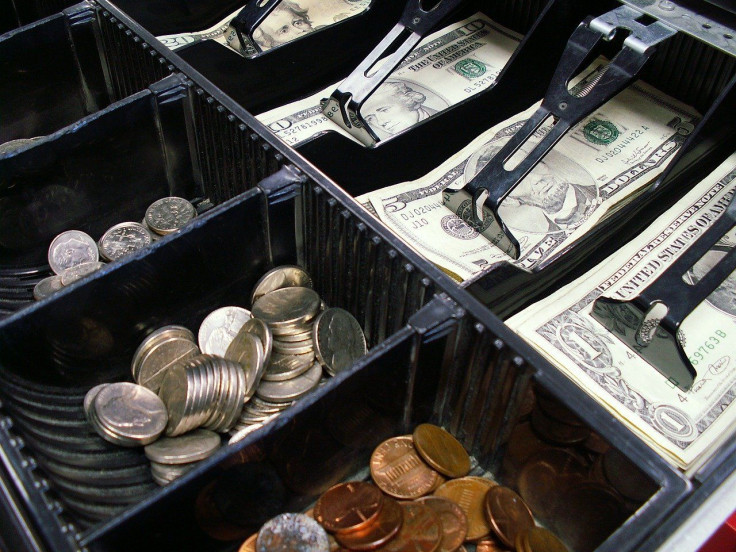Coronavirus: Can Banknotes Spread Diseases? How To Prevent Transmission

KEY POINTS
- China announced sterilizing its banknotes to prevent COVID-19 spread
- Previous studies have shown that money can carry hundreds of microbes and diseases
- Proper hygiene is still the best means to prevent catching diseases from surfaces
In an effort to prevent the further spread of COVID-19, the Chinese government announced Saturday, Feb/ 15, that banks will have to disinfect all cash before issuing them out. In fact, banknotes from high-risk areas such as banks, buses, and wet markets have also been ordered to be destroyed.
So far, the current understanding about COVID-19 transmission is based on what is already known about other coronaviruses in that the virus can be spread through person-to-person transmission as well as via contact with infected surfaces and then touching the mouth, nose or eyes.
With cash being one of the most frequently passed items in the world, China is clearly targeting a potential transmission source, especially considering that there is so far no information on how long the virus can survive on surfaces.
Dirty Money
In recent years, many studies have described how filthy cash really is. For instance, in 2013, researchers found that bacteria such as E.coli, Vancomycin-resistant Enterococci (VRE) and Staphylococcus can survive in banknotes from different countries, with bacteria survival rates being the highest in the Romanian Leu.
In 2017, the researchers of another study swabbed $1 bills from a bank in New York City and found hundreds of species of microorganisms on them including viruses, DNA from pets, organisms that can cause acne and, even vaginal bacteria.
In the United States, bills tend to circulate for about our to 15 years while the coins can circulate for up to 25 years. And, despite studies about how dirty cash can be, these banknotes do not get sterilized.
Most currencies are actually excellent environments for microbes to settle on because of their porous surfaces but, it is also the porous nature of money that could keep the germs on the currency instead of transferring to human hands. Further, the temperature and moisture on money are not really conducive for microbe growth and, the human skin also has good protection from bacteria.
It doesn’t mean, however, that people can be lax when it comes to handling money. Although, as mentioned, they do not easily pass diseases to people, it does not mean that they absolutely cannot.
Preventing Diseases From Cash
Such studies and many others show that money definitely can be carriers of diseases and, factors such as people’s behavior, antimicrobial resistance, and community hygiene contribute to the number of microbes on the notes and coins as well as the chances of disease transmission.
So what can people do to prevent catching the diseases from money? People never really know who has touched the money they’re receiving even if they look brand new.
As always, practicing good hygiene is the best means to protect oneself, whether or not there is a global outbreak. This means that proper hand-washing, using alcohol-based sanitizers and avoiding touching the eyes, mouth, and nose are logical approaches to preventing infection.
“Wash your hands often with soap and water for at least 20 seconds, especially after going to the bathroom; before eating; and after blowing your nose, coughing, or sneezing,” the Centers for Disease Control and Prevention said. “If soap and water are not readily available, use an alcohol-based hand sanitizer with at least 60% alcohol. Always wash hands with soap and water if hands are visibly dirty.”
The public health risk also calls to mind the argument for considering a cashless society. Apart from the idea that a cashless society can prevent crime and promote economic policy, it appears that it may also have benefits in terms of public health.
In China, for instance, upon announcing the plans to sterilize cash, authorities also noted the country's advanced electronic payment system, which allows people to buy what they need without having to exchange cash or even go out.
Whether other countries will follow China’s cash sterilizing or cashless payment footsteps is yet to be seen but, people everywhere have to do what they can to avoid catching diseases from the things that are used every day, whether it is money, smartphones or tablets.
© Copyright IBTimes 2025. All rights reserved.






















